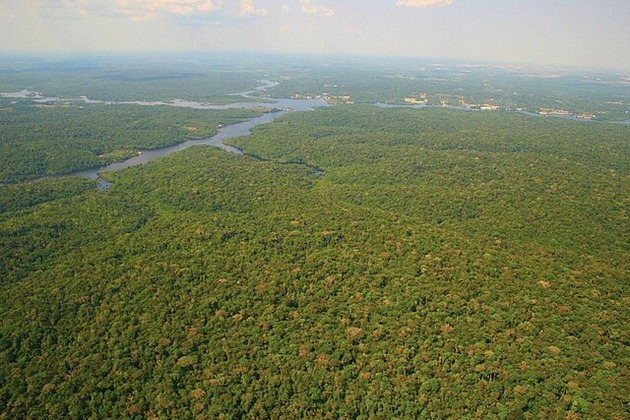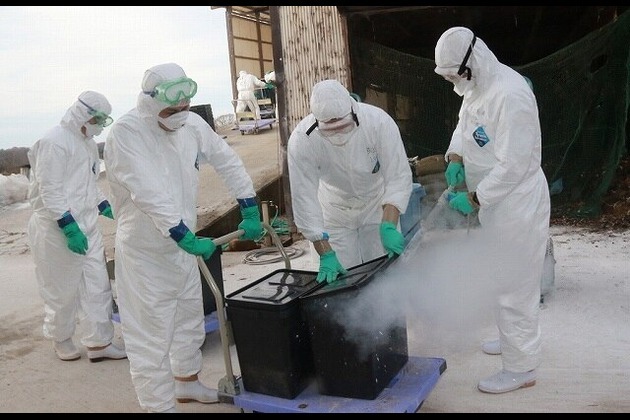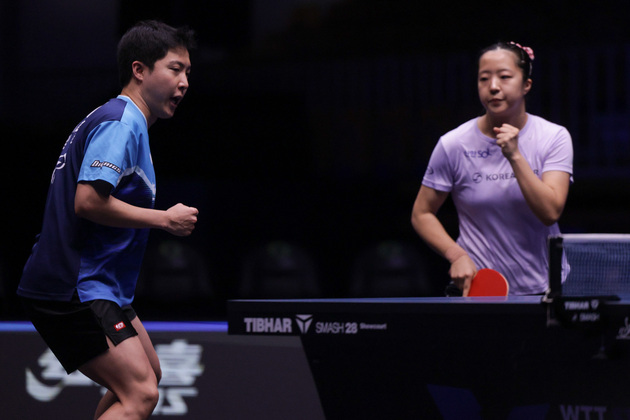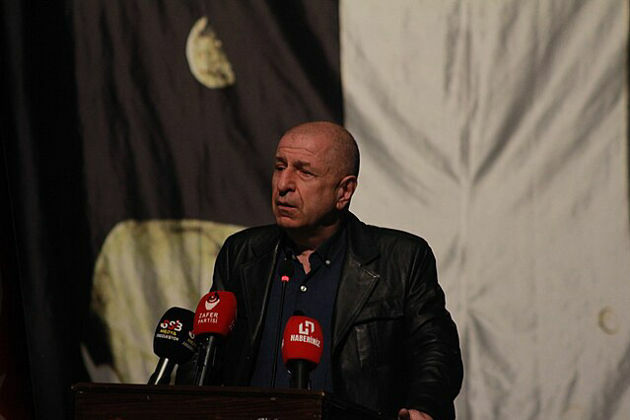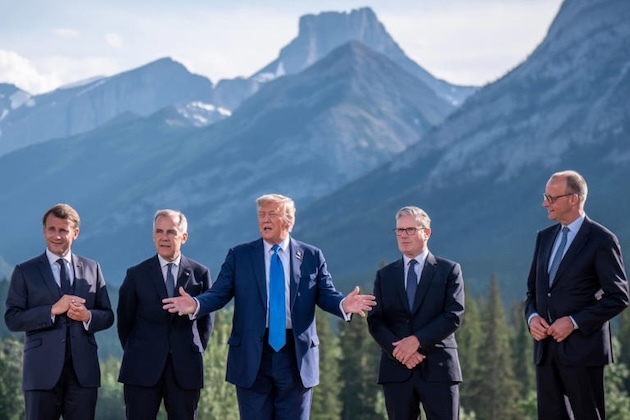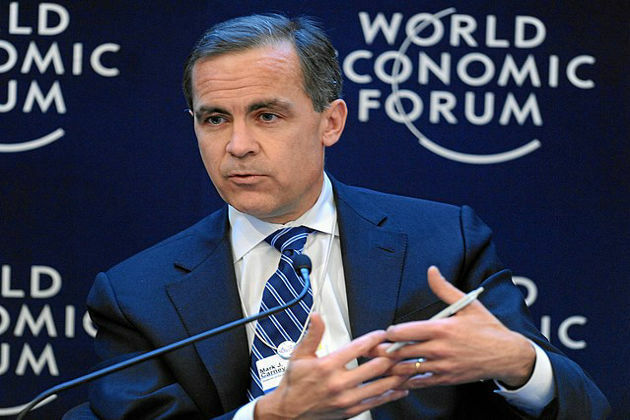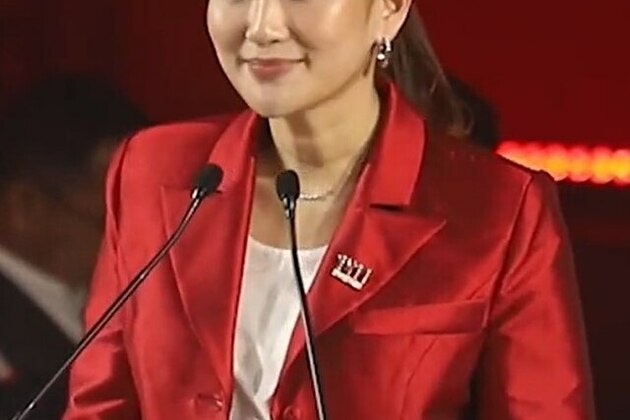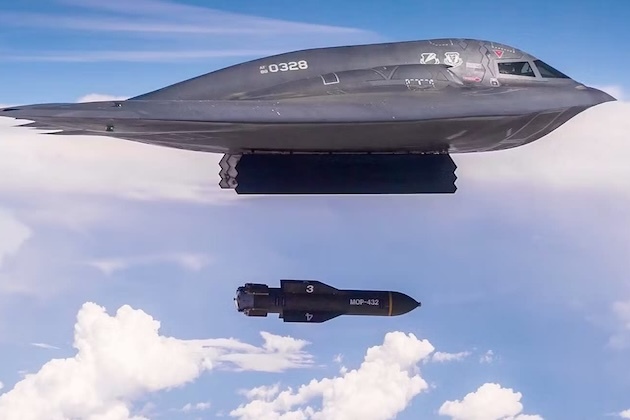Feature: Iowa farmers see "person-to-person diplomacy" as key to U.S.-China trade ties
Xinhua
09 Jun 2025, 10:45 GMT+10
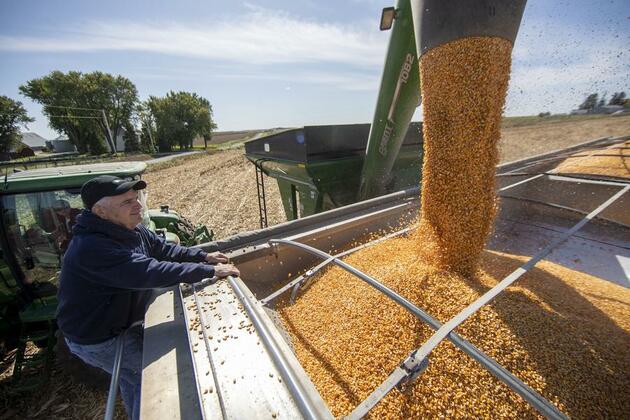
"China has been a great partner," Iowa farmer Bill Pellett told Xinhua. "We've sold them soybeans, beef, grain. I've been there. I've talked to consumers. When you meet face to face, you realize we're not that different."
by Yang Shilong, Li Xirui, Liu Yanan
ALTANTIC, United States, June 8 (Xinhua) -- Two years ago, Iowa farmer Bill Pellett planted 50 walnut trees for his grandchildren. Today, 49 of them stand strong -- not for harvest or profit, but for legacy.
"This is something they can walk through and pass on," Pellett told Xinhua in a recent interview. "It's a reminder to take care of the land and the things we can't get back."
On this patch of land just outside Atlantic, Iowa, Pellett spoke with reverence about soil, sunlight and birdcalls. But behind the serenity, his livelihood is tethered to global trade, especially the impact of U.S.-China tensions.
"China has been a great partner," he said, squinting into the late spring sun. "We've sold them soybeans, beef, grain. I've been there. I've talked to consumers. When you meet face to face, you realize we're not that different."
That relationship came under stress in April when U.S. President Donald Trump launched a new wave of tariffs on the country's trade partners, reviving a hardline strategy in his first term.
Pellett's 24-year-old grandson, Cale, saw firsthand how tariff policy could jolt farmers into quick decisions. "Corn seemed more profitable this year," he said. "Some folks who were going to plant soybeans switched last-minute to corn. That's how quickly trade policy affects real decisions."
He's frustrated by how policy uncertainty often outpaces investment cycles. "You can build a renewable diesel facility in 18 months," he said. "But a trade war can kill a market in 18 hours. That mismatch is dangerous. It leaves people scrambling."
China was once the top buyer of U.S. soybeans. Today, due in part to tariffs, it sources more from Brazil, a shift that has cost U.S. farmers billions and diminished their global market influence.
"We missed an opportunity," Pellett said bluntly. "If politicians don't fix it, someone else will fill the gap. Brazil already is."
By mid-May, China and the United States agreed to a 90-day pause. Pellett viewed it as a fragile lifeline.
"This isn't just about corn and soybeans. It's about trust," he said. "And trust doesn't come from press releases. It comes from people talking to people."
He believes the world is increasingly defined not by superpower posturing, but by how citizens relate across borders.
"We don't want to trade missiles," Pellett said. "We want to trade food, values, ideas and the products of each other's minds."
Back on the farm, about half of Pellett's corn feeds his own cattle -- a buffer against market swings. The livestock operation now contributes roughly 30 percent of the total farm income and is gradually shifting to the next generation.
"Younger folks don't have the capital to buy in all at once," Pellett said. "So we've changed how we structure things. My sons and grandson are taking on more every year."
He rotates corn and soybeans to suppress pests and reduce chemical use. Deep and fertile soil -- up to three feet thick -- gives him flexibility. This year, he skipped fertilizer but won't cut corners on weeds.
"Herbicides are essential," he said. "Fungicides pay off too, but only if prices are right."
Despite political noise, Pellett believes U.S.-China ties can improve through direct exchange.
He believes deeply in what he calls "person-to-person diplomacy."
"When we export soybeans, we're not just moving a crop," Pellett said. "We're exporting trust, science, hard work -- our story."
 Share
Share
 Tweet
Tweet
 Share
Share
 Flip
Flip
 Email
Email
Watch latest videos
Subscribe and Follow
Get a daily dose of Rio De Janeiro Sun news through our daily email, its complimentary and keeps you fully up to date with world and business news as well.
News RELEASES
Publish news of your business, community or sports group, personnel appointments, major event and more by submitting a news release to Rio De Janeiro Sun.
More InformationSouth America
SectionFarmers exploit loophole in Amazon soy deal to clear rainforest
SANTAREM, Brazil: As Brazil cements its position as the world's top soy exporter, a new wave of deforestation is spreading across the...
Brazil aims to restart poultry trade after bird flu clearance
SAO PAULO, Brazil: Brazil is taking confident steps to restore its dominance in global poultry exports after declaring its commercial...
Drug shortages and layoffs spark health crisis in Argentina
BUENOS AIRES, Argentina: Since taking office in December 2023, Argentine President Javier Milei has implemented sweeping austerity...
Update: Chinese premier to attend 2025 Summer Davos
BEIJING, June 23 (Xinhua) -- Chinese Premier Li Qiang will attend the 16th Annual Meeting of the New Champions (AMNC), also known as...
(SP)SLOVENIA-LJUBLJANA-TABLE TENNIS-WTT STAR CONTENDER-MEN'S SINGLES-FINAL
(250623) -- LJUBLJANA, June 23, 2025 (Xinhua) -- Hugo Calderano of Brazil hits a return during the men's singles final match against...
(SP)SLOVENIA-LJUBLJANA-TABLE TENNIS-WTT STAR CONTENDER-MIXED DOUBLES-FINAL
(250623) -- LJUBLJANA, June 23, 2025 (Xinhua) -- Lim Jonghoon (L)/Shin Yubin of South Korea celebrate scoring during the mixed doubles...
International
SectionCritics say Özdağ case aims to silence Erdogan opponents
ANKARA, Turkey: A Turkish far-right politician went on trial Wednesday, facing charges of inciting public hatred—an episode critics...
Assisted dying bill clears key hurdle in UK Parliament
LONDON, U.K.: In a landmark moment for Britain, lawmakers in the House of Commons have voted in favour of legalising assisted dying,...
International law no longer a priority among Western leaders
Western support for Israel's right to strike Iran backs up a pattern of pre-emptive violence that critics say is further eroding international...
Carney sets 30-day deadline for US trade deal
OTTAWA, Canada: Canada may boost its counter-tariffs on steel and aluminum imported from the U.S. if a comprehensive trade agreement...
Leaked call pushes Thai govt to the brink as allies waver
BANGKOK, Thailand: Thailand's government is facing its biggest crisis in nearly a year, as Prime Minister Paetongtarn Shinawatra's...
Trump orders U.S. to join Netanyahu's war on Iran
WASHINGTON, DC - U.S. President Donald Trump how bowed to pro-Israel elements in his administration and Congress, announcing that the...

